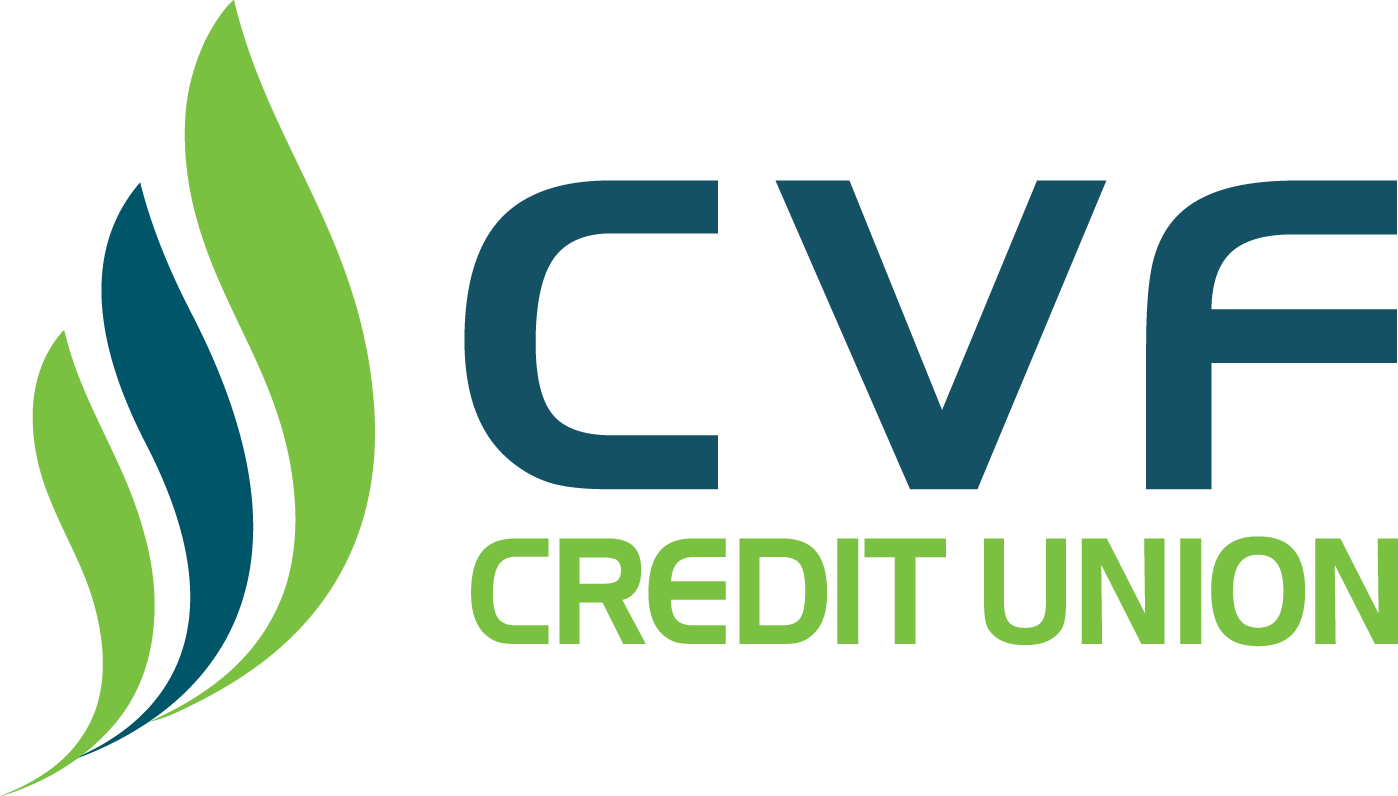
How to Talk to Your Kids About Money and Instill Healthy Financial Habits
As a parent, you want the best for your children. But do you also want them to be financially savvy and responsible? If so, you’re not alone.
According to a 2019 survey, 92% of parents believe teaching their kids money management skills is important. However, 42% of teens feel worried about their financial futures, which means there’s a gap between what parents want and what kids know.
This means you can shape their mindset about money before it’s too late.
So, how can you help your child deal with peer pressure and financial education?
Let’s find out!
Teaching Kids About Money
The first step to teaching your kids about money is simply talking to them about it.
Don’t keep money a secret or taboo. Make it a normal part of your family life. Have regular chats about money with your kids and include them in your financial decisions and activities.
For example, you can share your money wins with your kids, such as finding a good deal, saving for a goal, or avoiding an impulse buy. This can help your kids see that money can be fun and positive.
You can also show your kids how you use money, such as budgeting, paying bills, saving, investing, and donating. You can also explain why you do these things and what trade-offs you have to make. This can help your kids understand how money works and what values and goals guide your money behavior.
Another way to teach your kids about money is to make it fun and interactive. You can use games, apps, books, videos, podcasts, and websites to teach your kids different money skills and concepts. For example, play Monopoly or The Game of Life. You can also use apps like RoosterMoney to help your kids manage their allowances, set savings goals, and track spending.
Helping Children Resist Peer Pressure
Peer pressure can make your kids want to buy the latest gadgets, clothes, or toys that their friends have, even if they don’t need them or can’t afford them. Peer pressure can also make your kids feel bad if they don’t have what their friends have or if they have different values or preferences.
To help your kids resist peer pressure, you must first recognize that it exists and is normal to feel it. You also need to empathize with your kids and validate their feelings. For example, you can say, “I know it’s hard when your friends have something you don’t or when they tease you about it. I’ve been there too.”
Then, you need to help your kids develop critical thinking and self-confidence skills to help them make their own decisions and stand up for themselves. For example, you can ask them, “Why do you want that item? How would you pay for it? What else could you do with it?”
Finally, you need to set a good example for your kids by resisting peer pressure yourself. You can show them that you don’t buy things just because they are trendy or other people have them.
Money Management for Children
Money management means knowing how to save, budget, pay off debt, and donate. These skills can help your kids reach their money goals, avoid money stress, and help others.
To teach your kids money management skills, you need to give them their own money. This can be an allowance or money they earn from doing chores or other tasks. This way, they can practice making money decisions and learn from their mistakes.
You also need to help your kids set up a simple system to track their money. For example, you can use jars or envelopes to split their money into four categories:
- Spend (for things they want now)
- Save (for things they want later)
- Donate (for things they want to share)
- Invest (for things they want to grow)
Another thing you need to do is help your kids understand debt and how it can hurt their money situation. Explain what debt is (borrowing money you must pay back with interest) and why it can be risky (it can take away your income, limit your choices, and hurt your credit score).
Also, teach them how to avoid debt (by living within their means) and pay it off (by focusing on high-interest debt).
Remember, you don’t have to be an expert or have a lot of money yourself to talk to your kids about it; you just have to be willing to share your experiences, values, and goals with your kids and help them discover theirs.



